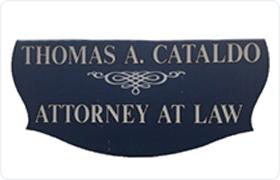Orange RICO Act Lawyer, New Jersey
Sponsored Law Firm
-
 x
x

Click For More Info:
-
Thomas A. Cataldo, Attorney at Law
52 South Street Morristown, NJ 07960» view mapCriminal Defense Law Tip The Scales In Your Favor!
Thomas A. Cataldo, Attorney at Law has the legal experience you need at affordable rates that can't be beat.
800-834-4291
Not enough matches for Orange RICO Act lawyer.
Below are all Orange Criminal lawyers.
Christopher Raymond Fritz
✓ VERIFIED *Status is reviewed annually. For latest information visit hereIntroducing Christopher Fritz: A Resolute Advocate for Divorce and Family Law in New Jersey. In the realm of divorce and family law, one name stand... (more)
Joseph John Donatiello
✓ VERIFIED *Status is reviewed annually. For latest information visit hereJoseph Donatiello was born and raised in Northern New Jersey and received his J.D. in 2009 from Rutgers School of Law in Newark. Following law school,... (more)
Whitney G. Fisher
Timothy Edmund Burke
Robert J. Pansulla
FREE CONSULTATION
CONTACTMichael F. Nestor
Anthony F. Malanga
FREE CONSULTATION
CONTACTGwendolyn O. Austin
FREE CONSULTATION
CONTACTCarl J. Herman
John W. King
FREE CONSULTATION
CONTACT Thomas Cataldo Morristown, NJ
Thomas Cataldo Morristown, NJ Practice AreasExpertise
Practice AreasExpertise

